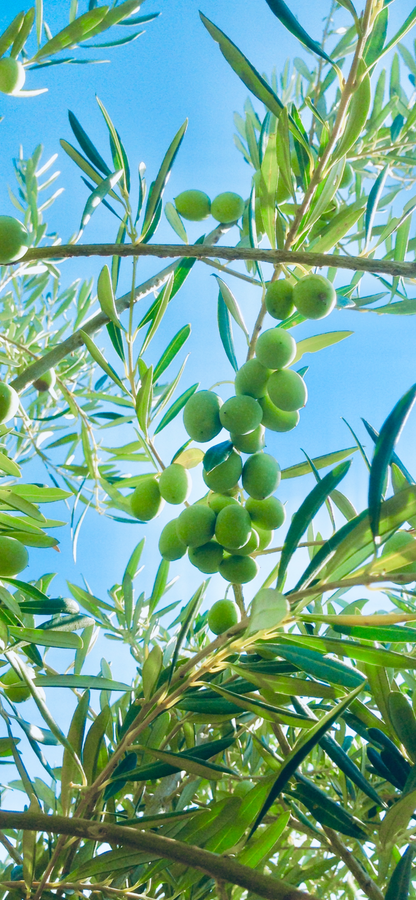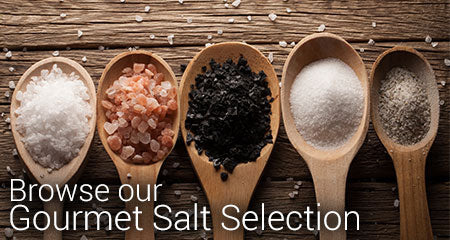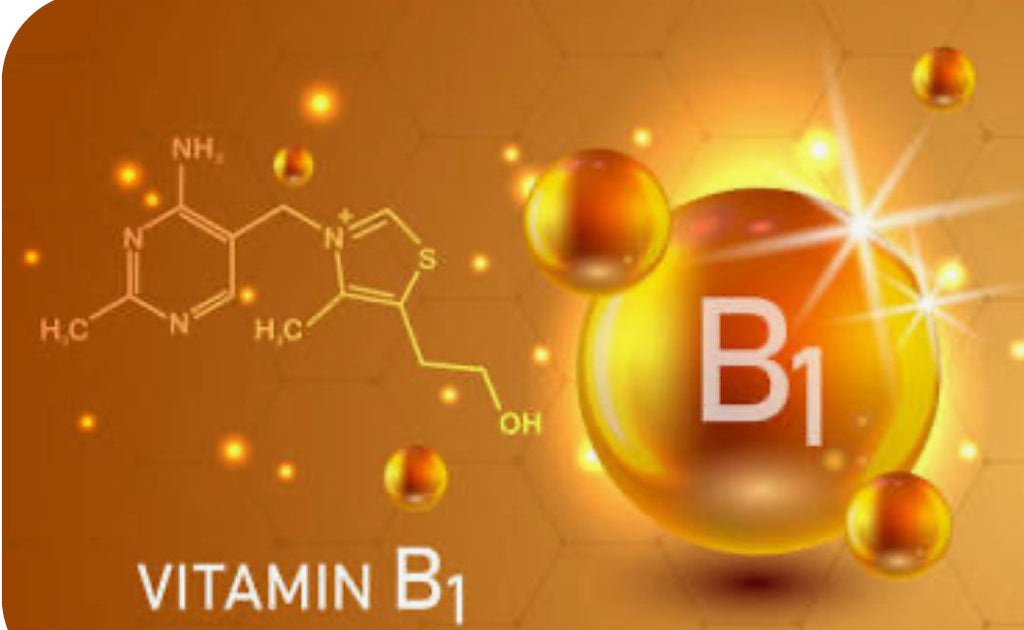The Liver/Pancreas connection - Blog #2

May 22, 2020
Hello Everyone! I want to thank you for your comments and questions. I hope you enjoyed the blog and maybe learned something about how EVOO (Extra-Virgin Olive Oil) can benefit our Heart Health! Let’s take a moment to answer questions from last week’s blog.
Q: “What about omega 6 vs omega 3 and its effect on inflammation?” (Kim B)
A: Great question. Both omega 6 and omega 3 fatty acids are PUFAs (polyunsaturated fatty acids) that are “essential” fatty acids, meaning they cannot be manufactured by the body. They must come from the diet. However, the western diet contains too much omega 6. Health experts recommend a ratio of omega 6 to omega 3 of no more than 4:1, but newer research recommends 1:1. The western diet is between 10:1 and 50:1. Not good. So, it is very important to increase your omega 3. Omega 3 PUFAs help to increase your “good” cholesterol, support heart health, support brain health and many other health benefits. Omega 3s and 9s work closely together in multiple systems throughout the body. They also REDUCE inflammation, whereas omega 6s tend to be more inflammatory. **Remember, omega 9s are your MUFAs (monounsaturated fatty acids), primarily Oleic Acid in EVOO.**
Q: “How much of the EVOO do you take? Drink it or put on your salad?” (Anne)
A: I drink 4 Tablespoons with fresh lemon juice every morning. However, I started with 2T with fresh lemon. I increased to 4T after the first 2 weeks. I also eat more on my salad. It is the only oil I use for everything. After reading this next blog, you will hopefully see why!!
The Liver/Pancreas Connection
I hope you are as fired up as I am about the health and healing benefits of EVOO! This week, let’s delve into how oleic acid helps our Liver and Pancreas. Let’s start with the liver.
How does oleic acid help our liver? To understand this, we need to know what the FUNCTION of the liver is. “The liver is the organ that meets and filters a mass of alien material, and then maintains immune tolerance under physiological conditions.” OK, let’s break that down. The liver processes fats, digested products, old or damaged cells, filters toxins from the body, aids in immune response and produces glucose. Wow! That’s a big job. It’s basically THE metabolic hub of the body. Think about what we are exposed to on a daily basis. Is the food we are ingesting free of toxic pesticides? What about medications?... Environmental pollution?... What kind of fat are we consuming? How much stress are we under psychologically? These are all important questions. The answers will determine how much “stress” the liver is under, and what we can do to reduce that stress. The definition of “stress” refers to the “conditions where an environmental demand exceeds the natural regulatory capacity of an organism” that threatens homeostasis (state of balance) and challenges the organism’s well-being (Ulrich-Lai & Herman, 2009). This is important because immune tolerance is interrupted under stress conditions, resulting in inflammation in the liver. There’s that word again! INFLAMMATION!! It causes destruction everywhere it touches. When WE are stressed out psychologically, it reduces blood flow to the liver (acute worse than chronic) causing a state of hypoxia (low oxygen) and resulting in a deficiency of ATP (the energy that powers our bodies). The reduced blood flow to the liver causes some cells to die. The necrosis (cell death) of liver cells also initiates the progression of liver injury, sending signals to the surrounding tissue, particularly immune cells. Stress responses negatively influence not only the development but also the progression of various disorders, such as cardiovascular, psychiatric, endocrine and cancerous disorders (Cohen, Janicki-Deverts, & Miller, 2007; Reiche, Nunes & Morimoto, 2004)
Whew! That’s a lot to digest, no pun intended. Now that we know what the liver is responsible for, let’s talk about NAFLD (non-alcoholic fatty liver disease). This is a condition in which excess fat is stored in the liver. According to the NIH (National Institute of Health), nearly 40% of Americans have NAFLD. Of those, about 20% will lead to liver cirrhosis or cancer. If you are obese or diabetic, you are more likely to have NAFLD. The scary thing is most of us don’t even know if we have a fatty liver. Hmm… this is a serious problem. What can we do to prevent and address this issue?
There are multiple things we can do to reduce stress to the liver. After all, it is a VERY important organ and we should help it out all we can. Since the liver processes fats, it is crucial to put the right kind of fat in our bodies. Studies show that dietary oleic acid REGULATES fat genesis. WHAT?? Say that again! OLEIC ACID regulates fat production. It also reduces cholesterol and protects liver cells from insulin resistance. So, this is very important for all of us, but SUPER important for diabetics!! Oleic acid has been shown to modulate the activity of a very important liver enzyme (LXR). LXR is involved in not only the metabolism of cholesterol, but also in repressing inflammation. WOW! EVOO can do all this for my liver?! I’M IN!! And, plan to add some meditation and yoga too.
Now, the liver and pancreas work together. So, let’s take a look at the Pancreas. We all know it is an important organ involved with digestion, but what does it really DO?
The Pancreas is a gland organ. It produces insulin (a hormone that allows cells to absorb glucose) and secretes it directly into the bloodstream to allow us to control blood sugar levels. It also secretes enzymes into the small intestine to continue to break down food that has just left the stomach. Okay. Other than diabetes, there is another reason to make sure your body is metabolizing glucose appropriately. The NIH/National Institute on Aging did a very large scale study released April 13, 2020. The study “links glucose metabolism proteins to Alzheimer’s Disease biology.” They found the role of the proteins regulating glucose metabolism together with proteins that protect the brain’s support cells “are strongly associated with Alzheimer’s pathology and cognitive impairment.” Now, I’m sure you feel like I do. I really do want to prevent Alzheimer’s, dementia and other cognitive impairments.
What does oleic acid do for the pancreas? Oleic acid reduces the work load for digestion on the pancreas, allowing it to focus its resources on production of insulin, thus reducing stress to the liver. Studies show it is capable of enhancing insulin secretion, activates the promotion of triglyceride storage and viability and generation of insulin. This basically means that it can store triglycerides and make insulin! In a recent study comparing the effects of Oleic Acid (monounsaturated FFA) vs Palmitic Acid (saturated FFA), scientists confirmed that one of the most potent inducers of oxidative stress in pancreatic B cells (the cells in the pancreas that produce insulin) is Palmitic acid (a major saturated fat in western diets). Oleic Acid actually REVERSED oxidation of pancreatic B cells in the presence of Palmitic Acid!!! WHAT? Even if I cheat and eat a “bad” fat once in a while, the oleic acid can REVERSE the bad side effects of that fat? You mean, I can have my cake and eat it too!!?? OH YEAH… flourless dark chocolate cake anyone? With a shot of EVOO, of course.
Okay guys, now I need to share with you the absolute BEST tidbit of information I found in my research on ingesting EVOO with regard to liver/pancreas function. It is 2 fold.
- DRINKING a large dose (approx 4T) of EVOO sends signals to the liver to open bile ducts.(Global Healing Center, Oct 2017) Whatever has been previously stuck can move out much easier. This sludge and bile is literally removed from your body via poop. And…everybody poops! LOL. Some people have reported liver and gallbladder stones released from their body. (If you suspect you have issues consult your MD)
- Oleic acid signals the hypothalamus (in the brain) that the body doesn’t need any more nutrients to be dumped into the circulation, providing a signal of “nutrient abundance”, producing an anorectic effect. Don’t worry! This just means it is telling your body it has plenty of nutrients it needs to carry on. To understand what it is doing, you can think of it like an on and off switch. On, means your body is in a mode of using carbohydrates (sugars) for fuel. The Off switch means your body switches to burning stored fat for fuel while curbing appetite. OMG!!!! Yes please!!! (diabetes.diabetesjournals.org)
Let’s discuss this a minute. EVOO helps to “clean” our liver, AND tells the brain we do not need any more sugar dumped into our bloodstream. We can get rid of the fat just sitting around and literally do spring cleaning in our body. This piece of information could literally turn your world around. It can help PREVENT AND TREAT diabetes. It makes it easy to lose weight and to maintain your body’s natural weight! (I cannot wait to share my own journey about this with you guys!!)
Next week’s focus is on how EVOO affects your Brain and Nervous System.
I look forward to your comments and questions!!
Take care, stay active and drink some EVOO for your liver!!!
This blog is intended for informational purposes only. Discuss strategies with your Healthcare Practitioner.







Comments (2)
I literally found your blog and decided to down four tablespoons of extra virgin olive oil because my liver and pancreas have been aching me for a few days now. I think it’s already having a positive affec,t as my pain has eased a bit! :D :D
I’ll let you know more soon Julie.
I’m going to do this regime everyday and see how it goes! I’m glad I found your blog
Thank you Julie!
I’ll keep y’all posted!
I am really enjoying your blog! I do use extra virgin olive oil on everything, but will try it with lemon juice. I always have organic lemons in my water or sparkling water. Thank you!